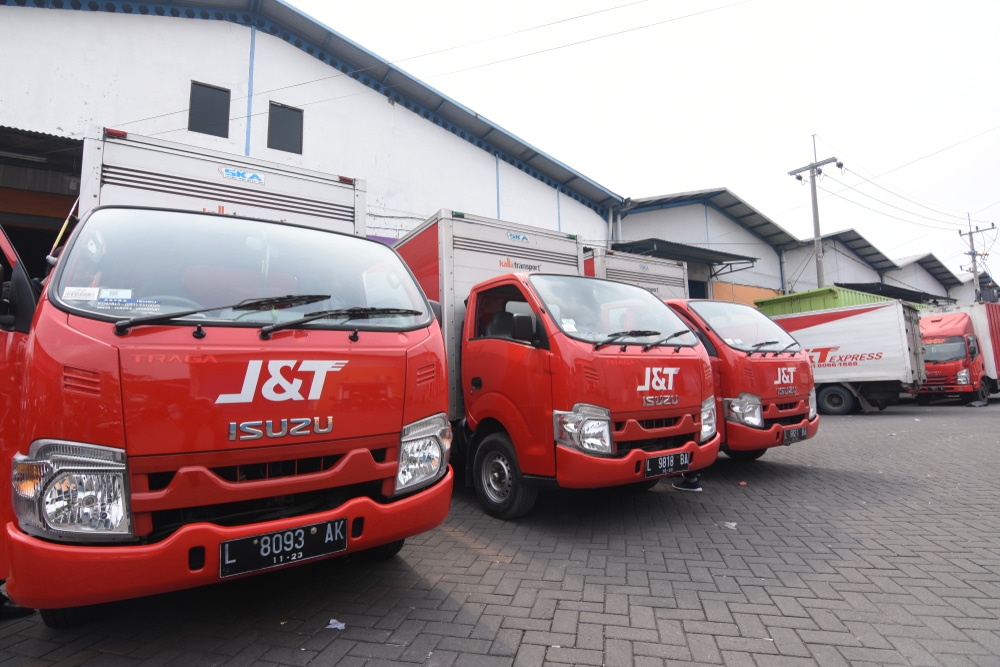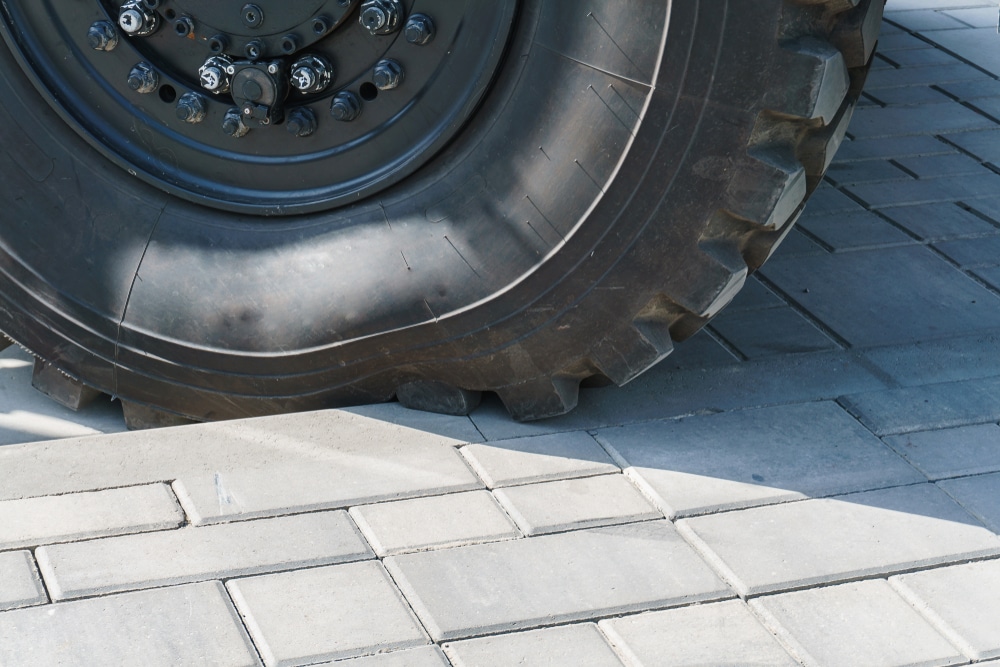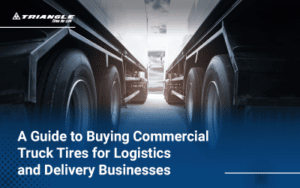The e-commerce boom is one of the good things that happened during the pandemic. While some industries took a hit due to lockdowns and restrictions, retail evolved beyond traditional brick-and-mortar experiences. Online platforms, such as Lazada and Shopee, served as effective alternatives to halted mall operations.
This transition to e-commerce over physical malls also translated to increased logistics and delivery services demand. Unfortunately, bottlenecks can occur, mainly during the last mile delivery.
In this article, we’ll discuss why last mile delivery should be a priority for logistics and e-commerce businesses and how to look for truck tires that help optimize last mile delivery.
What is Last Mile Delivery?
A common term in the logistics industry, last mile delivery describes the final leg of distributing a product to the purchaser. This is one of the most crucial steps in delivery operations since this is where buyers receive their parcels.
Because e-commerce is a dominant force in the retail sector, the last mile delivery market will likely follow this trend. In 2020, the last mile delivery market in the U.S. was worth $108.1 billion, and it may exceed $200 billion by 2027.

5 Common Problems and Challenges with Last Mile Delivery
Amid promising figures, the last mile delivery industry has many challenges and obstacles that logistics and e-commerce delivery businesses need to address. Here are the top ones.
1. Traffic congestion in urban areas and route efficiency
Transit behavior in congested areas is usually a significant cause of delay in most last mile deliveries. The dispatcher may also have to deliver in rural or unfrequented locations, prompting inefficient routing schedules.
2. Frequent turns on corners accelerate tire wear
Taking corners too fast or too harshly eventually puts a toll on the delivery vehicle’s tires. If this goes unchecked, vehicular issues or malfunctions can jeopardize the timely delivery of parcels and important packages, negatively impacting the productivity and profitability of the business.
3. Last mile delivery makes up more than half of the total shipping costs
Although last mile logistics provides the successful delivery of goods, the convenience of fast and free delivery services compels logistics firms to compensate for relevant expenses with their financial resources. As such, every inefficiency becomes costly.
4. Customer availability
Even if the delivery rider has successfully made it to the customer’s home, it can become a challenge to the delivery timeline and subsequent operations if no one receives the package. Customer unavailability can also lead to delayed delivery time, negatively affecting the logistics company.
5. Fulfillment timelines
Missed delivery dates for reasons outside the control of the logistics company can make the operations more expensive. Additionally, unfulfilled timelines can spark negative publicity for the logistics company’s brand.
While some of these challenges may not be the fault of the logistics firm, it is still up to you to improve time efficiency and overall performance. One simple, effective way to optimize operations is to fit delivery vehicles with quality tires optimized for last mile delivery.
How to Find Tires Optimized for Last Mile Delivery
Again, the last mile delivery leg is a crucial stage in order-related transactions. Here, ensuring the delivery gets to the customer promptly must be a priority for any logistics firm.
Vehicular tires affect delivery in many ways. Depending on their quality, they can significantly affect package handling, travel time, and travel distance which can impact the delivery process. As such, you should only use the best tires for deliveries.
Read: Things To Know About Light Truck Tires For Your Delivery Vans
Here are some tips to help you pick tires optimized for your fleet’s last mile delivery.
1. Pick tires built for urban road conditions
Many deliveries cater to urban locations with unflattering road conditions like bumps and weather-induced congestion. Vehicle tires should withstand such challenges to save time and resources in the long run. TR688 and TR689A tires are top contenders for navigating through weather-worn roads.
2. Select tires with durable sidewalls
Tires with durable sidewalls enable vehicles to curb with ease without wearing down their integrity. Plus, durable sidewalls prevent tires from cuts, holes, and abrasions that can happen when driving through crowded streets, urban settings, or areas with many sharp or narrow turns.

3. Go for tires with rib treads for accurate and precise turns
Proper rib treads allow tires to grip roads without sliding or swerving. Quality treads also help vehicles accelerate, decelerate, and brake more quickly and without stress.
4. Invest in quality tires
Believing your company is cutting costs and saving money by investing in cheaper tires instead of quality tires gives the opposite effect in the long term. Inferior tires can cost you more on maintenance and make your vehicles more prone to road accidents, such as skidding or tires being punctured by urban debris, which can delay delivery operations even further.
5. Consider taking advantage of digital tire monitoring solutions
Technology has benefited various sectors, including the logistics industry. For instance, tire pressure monitoring systems (TPMS) monitor tire health, such as pressure and temperature, providing logistics companies with secured and safe vehicles.
Newer TPMS versions even allow fleet managers to monitor an entire fleet’s tire health in real-time, optimizing operations and avoiding costly downtimes.
Read: Tire Pressure Defined: From Passenger Cars to Construction Heavyweights
On Your Mark, Get Set, Go!
While operations leading up to last mile deliveries play essential roles, the final leg of the delivery cycle seals the deal. Taking the necessary steps and measures to optimize last mile delivery stages equals more significant profits and consumer trust.
Since tires play a significant role in the delivery process, choosing quality tires for your fleet is an easy way to optimize last mile delivery.
Looking for quality tires can be challenging, but Triangle Tires can help! You can find something to suit your needs and preferences from a wide array of tires, ranging from light passenger cars to heavy-duty vehicles. Browse our tire catalog or contact us today!


